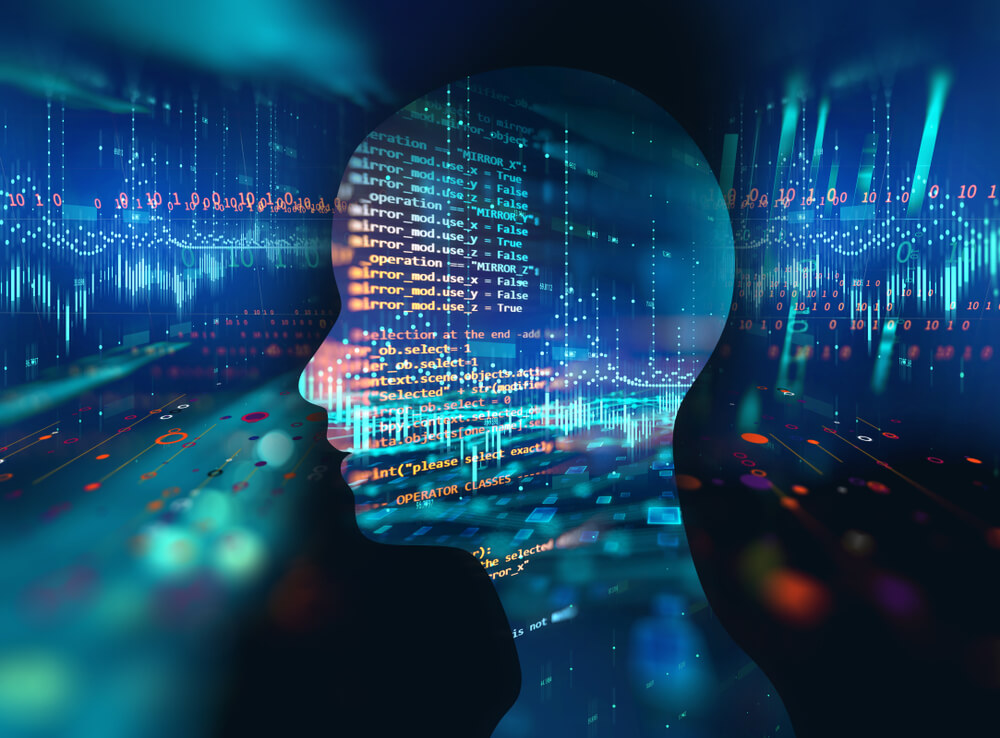"10 Ways AI Improves Security Outcomes"
Eighty-seven percent of cyber security professionals see the potential in using AI for security purposes due to the increasing volume and complexity of cyber attacks. There is a critical need for innovative methods to protect businesses from cyber threats. Despite interest in generative AI, adoption rates are low.

Eighty-seven percent of cyber security professionals recognize the potential of leveraging AI for security purposes. The need for new and innovative ways to protect businesses from cyber attacks is evident in the current landscape. Generative AI adoption in the security space has been slow due to the complexities involved in running mature, enterprise-ready systems. However, if organizations focus on maturity, generative AI can offer opportunities to enhance cyber security outcomes.
Here are 10 ways generative AI can drive stronger cyber security outcomes:
1. Customized threat scenarios: Generative AI can process information to create customized tabletop exercises based on organization-specific data, helping organizations plan for emerging threats.
2. Persona-based risk assessment: By emulating various personas, generative AI can evaluate risk scenarios from different perspectives, improving risk assessment efforts.
3. Dynamic honeypots: Generative AI can enhance honeypot traps by creating new fake environments to confuse and redirect hackers.
4. Policy development and optimization: AI can analyze historical incidents and regulations to recommend cyber security policies aligned with business objectives.
5. Malware detection: Generative AI algorithms excel in detecting new malware strains with unique self-evolving techniques.
6. Secure code generation: AI tools can review codebases, find vulnerabilities, and recommend patches to improve code security.
7. Privacy-preserving data synthesis: AI can create synthetic training data for privacy-sensitive tasks like anonymizing medical data.
8. Vulnerability prediction and prioritization: AI can predict potential vulnerabilities in software and network configurations by analyzing existing databases and patterns.
9. Fraud detection: AI can sift through massive datasets to flag suspicious transactions and prevent economic losses.
10. Social engineering countermeasures: AI can develop phishing simulations and deepfakes for employee training to combat social engineering tactics.























![Largest Data Breaches in US History [Updated for 2023]](https://nulld3v.com/uploads/images/202311/image_430x256_654e69df8d469.jpg)












